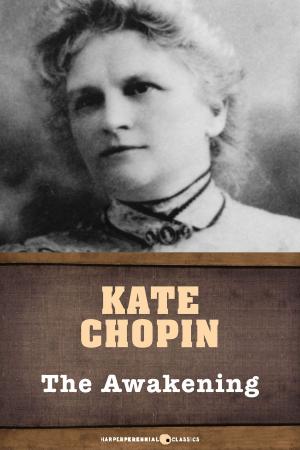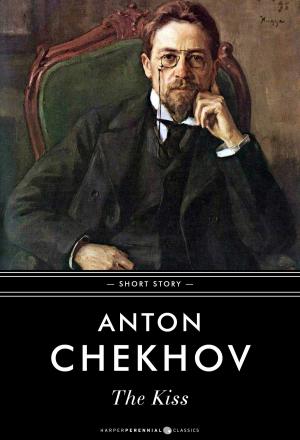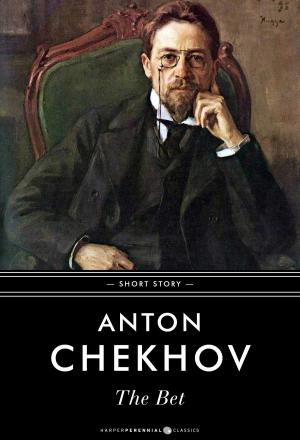| Author: | Samuel Coleridge | ISBN: | 9781443442213 |
| Publisher: | HarperPerennial Classics | Publication: | December 15, 2015 |
| Imprint: | HarperPerennial Classics | Language: | English |
| Author: | Samuel Coleridge |
| ISBN: | 9781443442213 |
| Publisher: | HarperPerennial Classics |
| Publication: | December 15, 2015 |
| Imprint: | HarperPerennial Classics |
| Language: | English |
Though left uncompleted, “Kubla Khan” is one of the most famous examples of Romantic era poetry. In it, Samuel Coleridge provides a stunning and detailed example of the power of the poet’s imagination through his whimsical description of Xanadu, the capital city of Kublai Khan’s empire.
Samuel Coleridge penned “Kubla Khan” after waking up from an opium-induced dream in which he experienced and imagined the realities of the great Mongol ruler’s capital city. Coleridge began writing what he remembered of his dream immediately upon waking from it, and intended to write two to three hundred lines. However, Coleridge was interrupted soon after and, his memory of the dream dimming, was ultimately unable to complete the poem.
HarperPerennial Classics brings great works of literature to life in digital format, upholding the highest standards in ebook production and celebrating reading in all its forms. Look for more titles in the HarperPerennial Classics collection to build your digital library.
Though left uncompleted, “Kubla Khan” is one of the most famous examples of Romantic era poetry. In it, Samuel Coleridge provides a stunning and detailed example of the power of the poet’s imagination through his whimsical description of Xanadu, the capital city of Kublai Khan’s empire.
Samuel Coleridge penned “Kubla Khan” after waking up from an opium-induced dream in which he experienced and imagined the realities of the great Mongol ruler’s capital city. Coleridge began writing what he remembered of his dream immediately upon waking from it, and intended to write two to three hundred lines. However, Coleridge was interrupted soon after and, his memory of the dream dimming, was ultimately unable to complete the poem.
HarperPerennial Classics brings great works of literature to life in digital format, upholding the highest standards in ebook production and celebrating reading in all its forms. Look for more titles in the HarperPerennial Classics collection to build your digital library.















